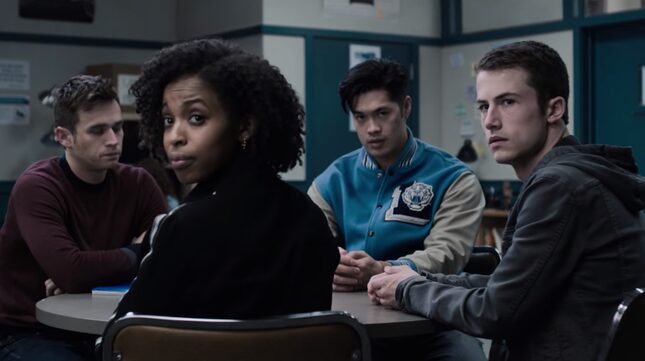

Thinking it would be different this time was my first mistake. Sitting through nearly 13 hours of a television show that has consistently disappointed me was the second.
I decided to give 13 Reasons Why another shot after two divisive seasons—a debut replete with gratuitous gore surrounding beautiful dead girl Hannah Baker, who dies by suicide after leaving a personalized cassette for 13 people including her friends and her rapist, and a second season that flattens sexual assault into exploitative, short-sighted sound bytes. The third, Netflix promised, would be different—they even removed the graphic suicide scene from the first season so new viewers wouldn’t be subjected to it, signaling a shift was afoot. They promised Hannah Baker wouldn’t make an appearance in the new season (she does, in a flashback of her rape) nor would suicide (the specter of which defines the show.)
However, I chose to watch the third season off of the strength of its trailer. In the two-minute and twenty-one second clip, the central drama appeared to be the suspicious murder of Bryce Walker, moving the show away from its shameless posturing into crime-drama, Riverdale-mystery territory. Walker is a serial rapist, so most, if not all, of the central characters on the show had motive. Intriguing enough, right?
-

-

-

-

-

-

-

-

-

-

-

-

-

-

-

-

-

-

-

-

-

-

-

-

-

-

-

-

-

-

-

-

-

-

-

-

-

-

-

-








































